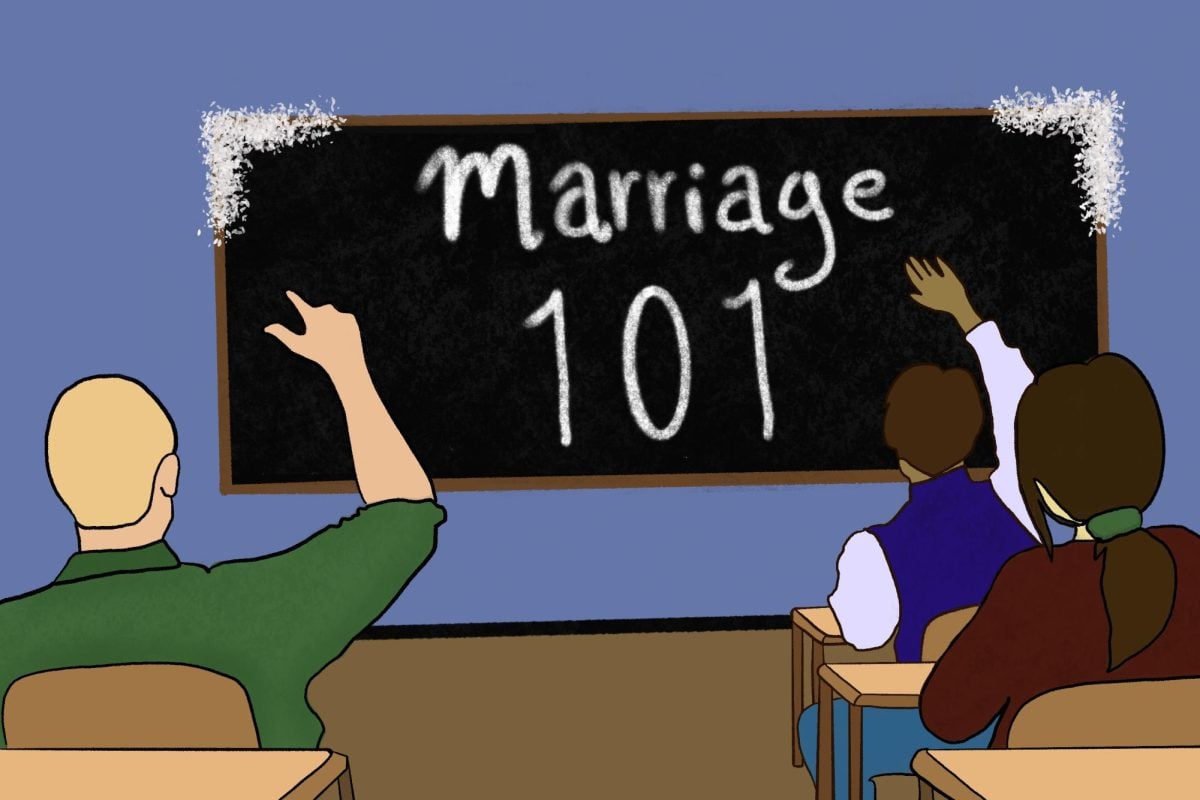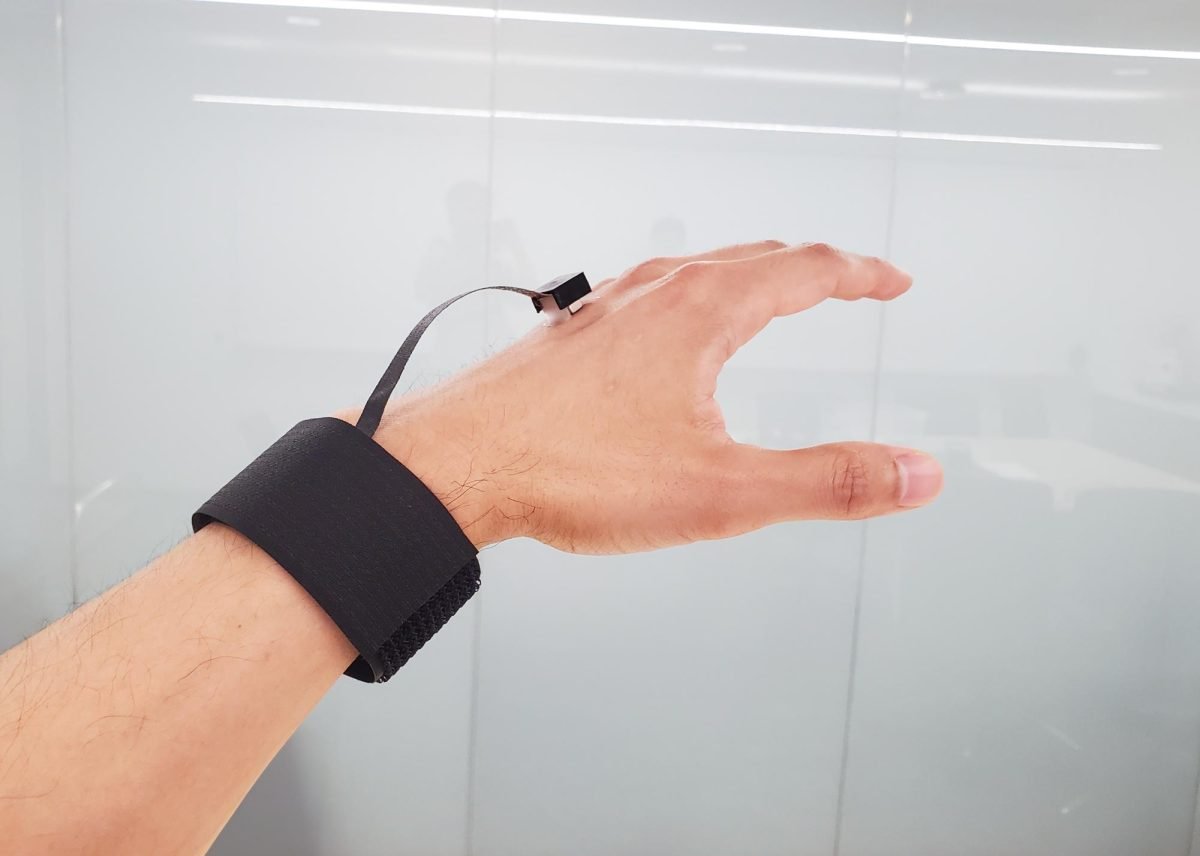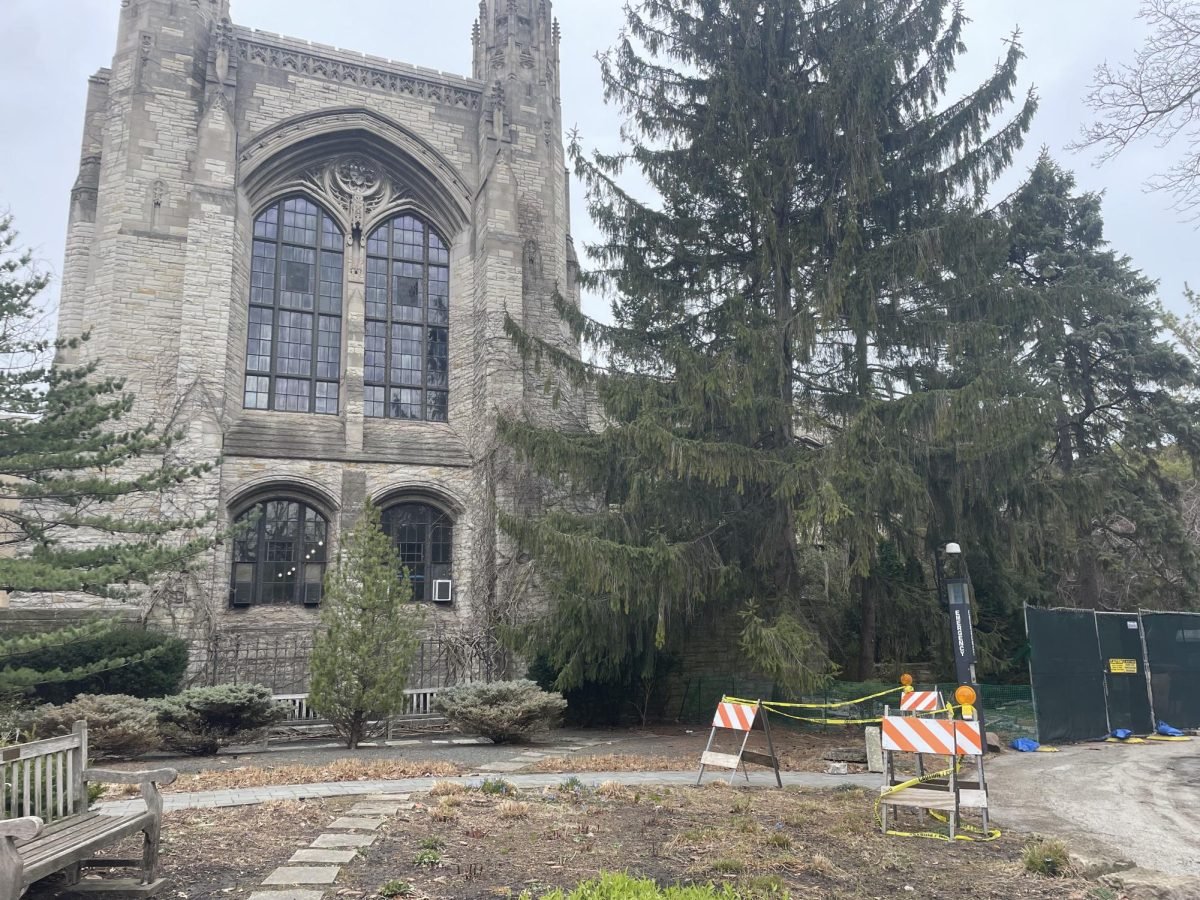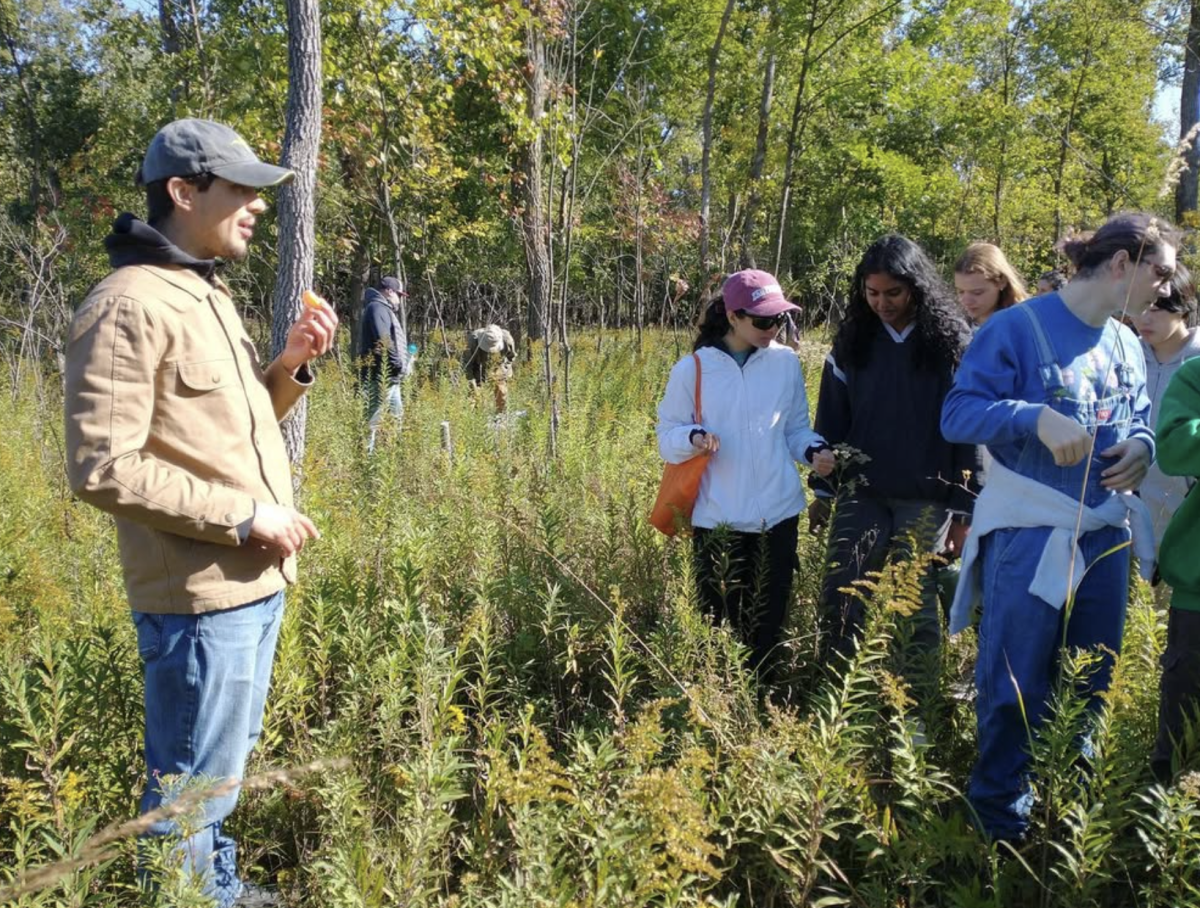To inaugurate the newly established Institute for New Music, Northwestern’s Bienen School of Music is hosting a festival this month featuring the work of contemporary composer John Cage.
The John Cage Festival, running Nov. 15 to 17, will feature performances of Cage’s music and a two-day symposium discussing how the composer has affected “new” music. The festival marks the first major event organized through the Institute for New Music, which was established this quarter.
“John Cage was influential in every area of contemporary art,” said Hans Thomalla, a Bienen professor and co-director of the new institute. “Everybody knows about Cage, whether they were in art, music or film.”
“New music” refers to pieces written by living composers. Because students studying western classical music sometimes find it hard to relate to these compositions, the Institute for New Music will give more analytic attention to new music.
As a key component of Bienen’s 2012 strategic plan, the Institute for New Music will expand NU’s overall presence in contemporary music performance and scholarship. This expansion will distinguish Bienen from other top-tier music schools around the country and will help connect NU students and researchers to new music, Bienen Dean Toni-Marie Montgomery said.
Thomalla said this institute will make NU one of the main American centers for new music, in both performance and research.
“As a famous research university with a fantastic music library, we also have a fantastic conservatory,” he said. “The idea of the Institute was to bring these two aspects together.”
The institute will foster discussion on the role that new music plays in pop culture and at Bienen by bringing scholars in residence to campus. As part of contemporary music, the institute will offer research on popular music such as electronic music made on laptops.
Part of NU’s extensive modern music collection, the John Cage selection includes some of the composer’s scores, correspondences, notes and seven original songs by The Beatles, Montgomery said.
In celebration of Cage’s 100th birthday, University Library is displaying some of his scores and personal items. The multimedia exhibit, “Sound and Silence,” drawn from items Cage donated to NU in the 1970s, can be viewed at the library through Fall Quarter.
This institute’s focus on new music will open up possible partnerships as students and faculty discuss how popular music converges with other academic interests, Montgomery said.
Montgomery said the institute will also draw interest from the greater Chicago area, which has a large audience for new music.
“I want the institute to be recognized not only on this campus but also by our peers especially in Chicago,” Montgomery said.
Jenna Lyle is in her third year studying for her doctorate in composition. She said the institute will create a broader awareness of musical culture.
“New music is what is taking art into the future,” she said. “Being aware of what is going on will help us stay in touch and think critically about what is happening in current art.”
The institute will also help music students keep up with recent composition trends. The average classical music student should think more holistically about his or her career, she said.
“Unless you are specifically doing 17th-century music history, it would be narrow-minded to get a career in music without being aware of what is happening in your own time,” Lyle said. “This is an opportunity for students to invest in what is happening now and learn what role they play in contributing to their own art and culture.”
Lyle said she is happy with the way school officials are focusing the institute.
“The administration are talking a lot and reaching out to the people around them for inspiration,” Lyle said. “They are working hard to build a foundation of discourse and that should be what (the Institute) is built on.”



















